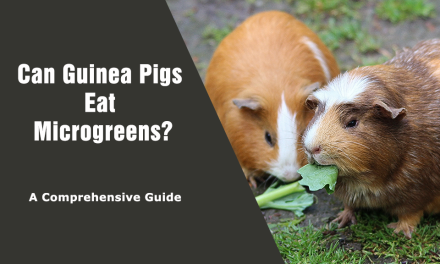Ferrets are joyful, domesticated animals that can be raised as great pets if you are happy to live with a playful, mischievous four legged friend. Since ancient times they have been used for rabbit hunting; but recently they have become increasingly popular as household pets. According to zoologists and ferret owners you need a certain amount of dedication to raise them in your household environment. Before you become a ferret mom or a ferret dad you need to learn about their diet, habitat, health and grooming.
Ferrets raised as pets
can be very affectionate and playful. Sometimes they can be very sleepy and sometimes they are very curious and active. This bipolar characteristics of ferrets can be overwhelming if you don’t know how to take care of them. Here are many answers to the common questions new ferrets owners have.
How much is a ferret?

First of all ferrets are illegal to keep as pets in countries such as Australia and New Zealand. In many other countries there are strict regulations to imports ferrets. Since you must make sure the it is legal to keep ferrets in your country. In USA ferrets from pet stores cost around $150, while ferrets from breeders can cost between $150 to $500.
Do ferrets make good pets?
Ferrets usually weigh 1-2kgs and their length is around 50cm in average. It makes them very easy to handle but they require your time and effort as any other pet. They like to sleep as much as they like to play. They are very social and intelligent animals who can be toilet trained and to obey commands. If you are planning to keep them caged it’s possible as they like to sleep for long hours but they need at least 1-2hrs of playing and social activities to keep good health and wellbeing.
Preferred food & diet for ferrets
Ferrets are carnivorous animals( who feed on other animals) who require a diet that is high in protein and low in carbohydrates. High-quality ferret specific kibble or raw meat is the best source of food for ferrets. Dog or cat food are not the best option for ferrets as their physiology and metabolism defers from other mammals.
What can ferrets eat?
Ferrets can be fed raw meat such as chicken, beef, turkey and lamb. Liver and kidney organs of animals can be fed to them. Sugar containing food and dairy is a big “NO” for ferrets.
Can ferrets eat fruits?

Fruits contain high amount of sugar which is not good for ferrets’ digestive track. As they are omnivorous animals their digestive tracts can not properly digest high carbohydrate containing food and high sugar levels cause metabolic derangements in their body. You can give few pieces of banana, melon or berries as an occasional treat. But frequent sugary meals are discouraged strictly.
What can be given as treats for ferrets?
As any other pet ferrets too love treats. Some healthy treats for ferrets include cooked chicken or turkey, hard-boiled eggs, or small pieces of cooked liver or kidney. Other than that small pieces of fruits can be given once in a week.
Vitamins & supplements
If your ferret is well fed with protein rich diet and supplied with fresh water constantly it is getting most of the nutrients it needs. But to be on the safe side adding a vitamin supplement is highly recommended. Ferret specific supplements are widely available in the market and it’s affordable and easy to administer.
Ferret cage & habitat

Ferrets require a cage that is large enough for them to play, sleep and move around comfortably. A good ferret cage should be at least 2 feet by 3 feet and 2 feet tall. It should have multiple levels and be made of wire with a solid floor. Ferrets also require a sleeping area, litter box, food and water dishes, and toys.
Bedding for ferrets
Ferrets sleep long hours through out the day and their sleep hygiene is really important. They should be provided with soft bedding which do not contain allergenic materials. They too can get respiratory difficulties if there is cedar or pine in their bedding.
Can people get allergies due to ferrets?
Of course YES. If you have asthma or atopy ferret’s saliva, hair, urine and faeces can trigger asthma attacks. If you get symptoms such as sneezing, red eyes, itchy eyes, breathing difficulties and runny nose after getting exposes to a ferret you should contact your nearest doctor.
Ferrets are fascinating pets that require a lot of attention and care. They are highly social animals that require a high-protein diet, a large cage, regular grooming, daily exercise, and regular veterinary care. By following these tips, you can ensure that your ferret stays healthy






Trackbacks/Pingbacks